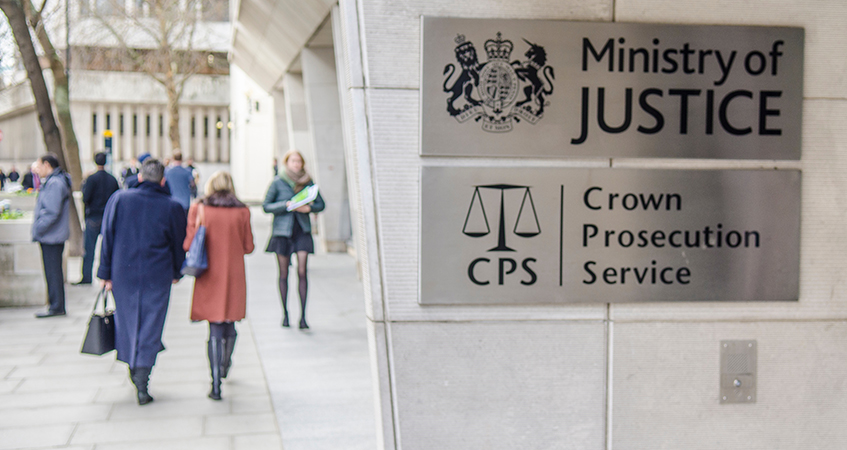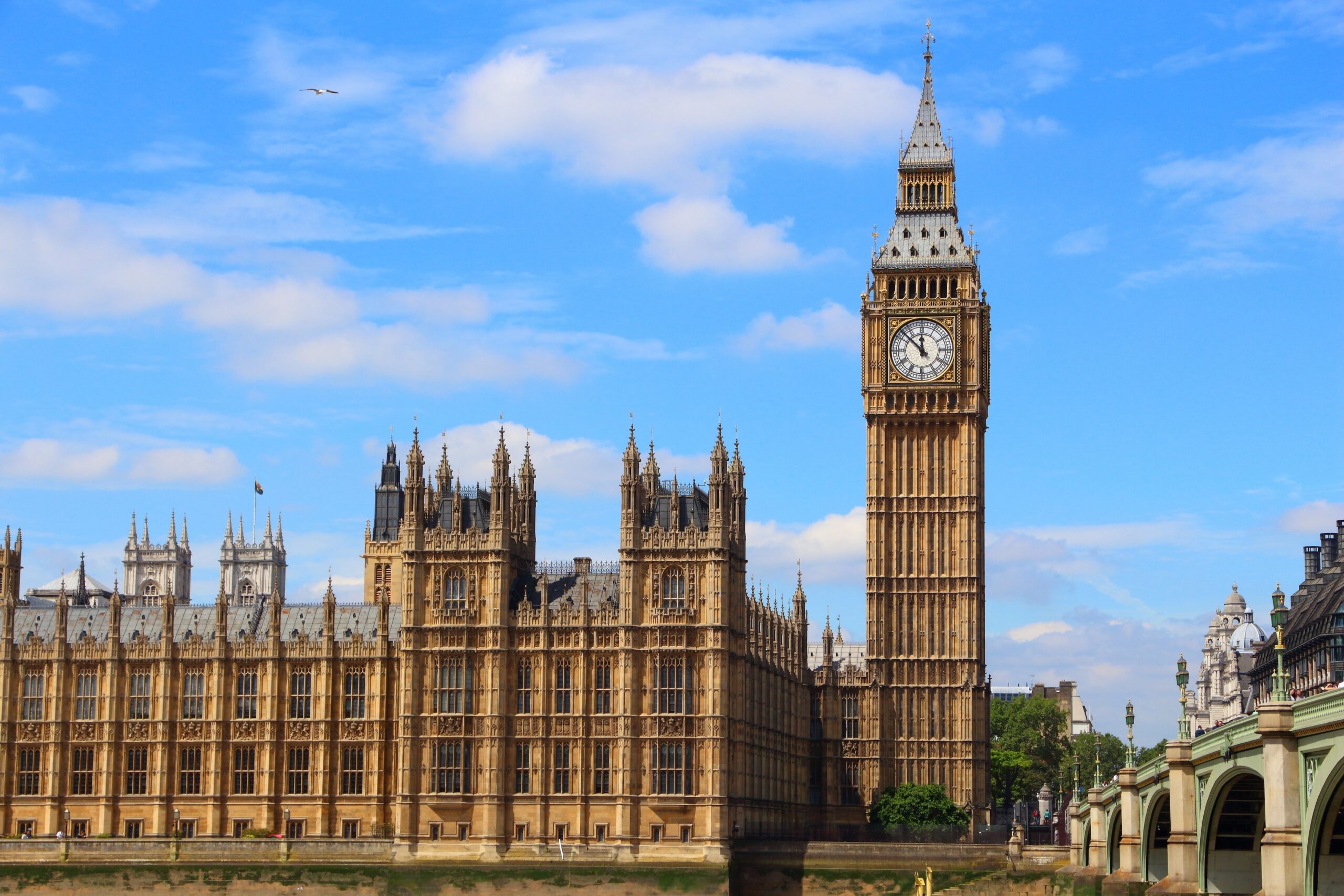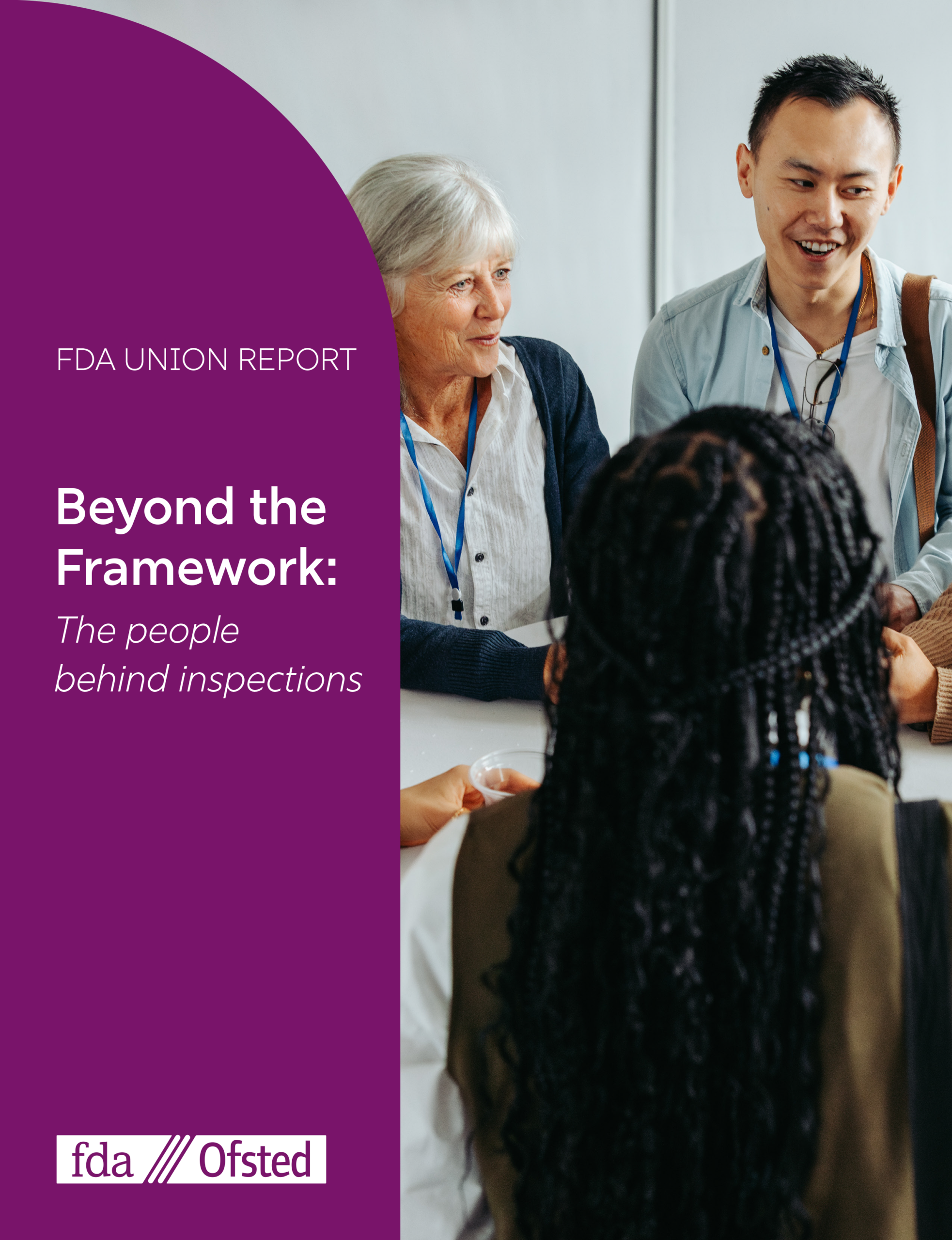“Charging decisions for serious crimes must remain with the CPS”, says FDA

The FDA has rejected the call from three senior police officers to return decision making on charging suspects to the police. Writing in the Guardian, the officers argued that the “Crown Prosecution Service (CPS) is no longer able to give timely charging advice… not because of anything the CPS has done, but because it does not have the resources or the people to do what it used to.”
In a letter also published by the Guardian, the FDA National Officer for the CPS, Duncan Woodhead, argued “it’s clear to working prosecutors that the nostalgic memory of the past presented by three chief constables… is a poor guide to the present”.
Highlighting the good work the CPS has done with the limited resources it has been left with after years of austerity, Woodhead stated:
“The CPS has had responsibility for charging high-level offences and incidents of hate crime for nearly 20 years. During this period, conviction rates have increased and attrition rates dropped, despite challenging budget restraints. The CPS does not investigate crimes or choose which cases to consider. It reviews every case referred to reach a fair, consistent and transparent decision that is independent of the police who have investigated the offence.”
Woodhead continued by describing how the police could assist the CPS:
“Prosecutors are now presented with mountains of evidence, from social media to body-worn footage, to examine in order to make charging decisions. We believe that police officers could work with the CPS and do more to improve the quality of case files presented, ensuring evidence is focused and allowing prosecutors to make decisions in a more timely and less resource-intensive way.”
Furthermore, the police are no better placed to deal with charging suspects, added Woodhead. With multiple different and independent police forces operating across England and Wales, giving the police these powers “would risk reimposing a postcode lottery for crime victims.”
Woodhead also rejected the assertion from the Chief Constables that because the CPS is operating with reduced resources, the police would be able to do a better job: “Both the CPS and the police have suffered significant funding cuts that are having a devastating impact.”
Woodhead concluded his letter:
“Charging decisions for serious crimes must remain with the CPS. It serves no one to return to a system that was proven not to work. It serves everyone, especially victims of crime and their families, for all parts of the criminal justice system to be funded and resourced properly.”
Related News
-

“Farcical” to wait until 2030 to make decision on restoration and renewal of parliament, says FDA
The FDA has responded to the latest publication of UK Parliament’s Restoration and Renewal Board, ‘Delivering restoration and renewal of the Palace of Westminster: the costed proposals.’
-

FDA Ofsted report 2025: The people behind inspections
After a barrage of media criticism and calls for abolition, it’s been a difficult period for His Majesty’s Inspectors (HMI). Tommy Newell outlines the findings of the FDA’s recent report, revealing the reality of parents’ and educators’ views of Ofsted, and what HMIs need for an inspection system fit for the future.
-
